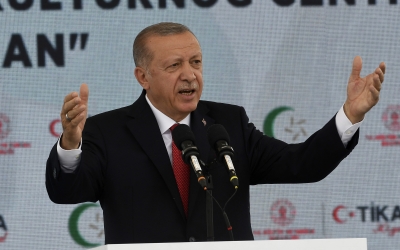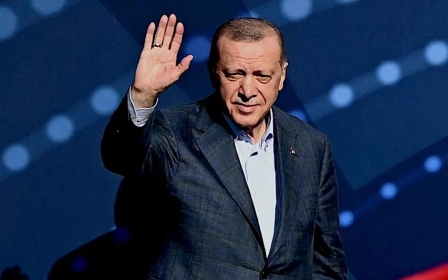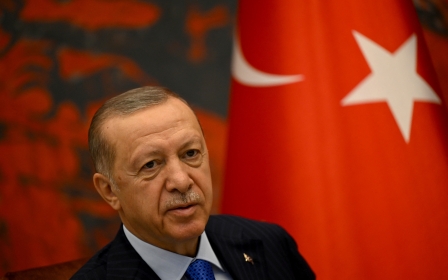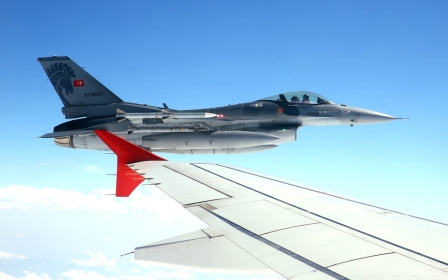Turkey: New poll shows most believe crisis with Greece triggered by elections
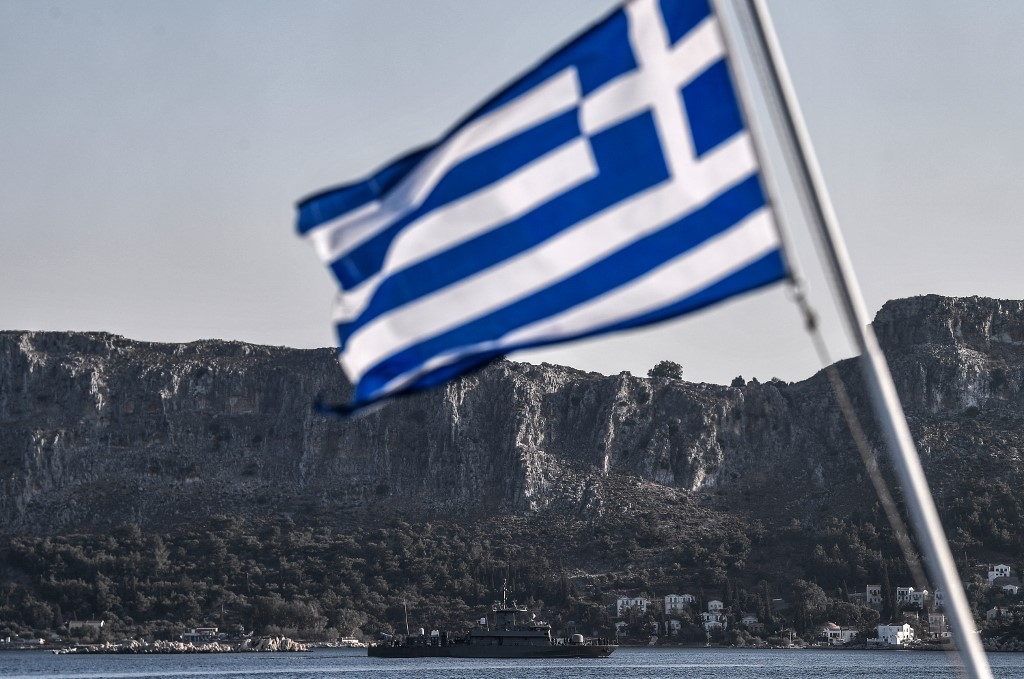
A majority of Turkey believes recent tensions between their country and Greece are primarily due to upcoming elections in both countries, a new poll indicated on Wednesday.
In the survey, conducted by Metropoll between 13 and 17 August in 28 provinces among 1,717 citizens, 52 percent said the crisis with Greece was sparked by the elections, with only 26.2 percent not agreeing.
The respondents added that, despite historic tensions, 64 percent of them didn't consider Greece an enemy nation.
Turkey is set to hold a potentially consequential presidential election in June, while Greece has its parliamentary elections in July.
The two countries have longstanding disagreements in the Aegean Sea over territorial waters, airspace and the disarmament of islands.
However, Ankara has been ratcheting up the rhetoric this year over a number of issues, accusing Greece of lobbying the United States against Turkey's acquisition request for 40 F-16 fighters and nearly 80 modernisation kits.
Ankara has also raised the issue of Greece's deadly practice of pushing refugee boats back to Turkey, as well as an incident last month where Greek defence systems allegedly locked onto Turkish F-16s over the Aegean Sea.
Turkish President Recep Tayyip Erdogan has hit out against Greek Prime Minister Kyriakos Mitsotakis, saying that he betrayed his personal trust by going to the US Congress and opposing the delivery of F-16s to Turkey.
Historic tensions
Erdogan frequently says that Ankara may invade the Greek islands that are supposed to be demilitarised under international agreements.
The comments sparked an outcry in Greece, a country of 10 million people that fought a brutal war of independence from the Ottoman Empire in the 19th century. Many parts of Greece remained under Ottoman control before the empire's collapse after World War 1.
This year marks the 100th anniversary of the Greek-Turkish war of 1919-1922, and on 30 August Turkey celebrated Victory Day, when it drove Greek forces from Anatolia.
The war culminated in population exchanges between the two countries known in Greece as "the catastrophe", and the battle over Greek-majority cities along the Anatolian coast, such as Smyrna, which today is the city of Izmir.
Ankara also accuses Athens of using Russian-made S-300s to lock onto Turkish aircraft, including during Nato missions.
Greece, in response to Turkish threats, submitted letters to the UN and Nato earlier this month, saying that "by underestimating the seriousness of the matter, we risk witnessing again a situation similar to that currently unfolding in some other part of our continent", in reference to the war in Ukraine.
Speaking to Middle East Eye, Turkey's ambassador to Greece, Burak Ozugergin, said Greek officials had engaged in "defamation and slander" against Turkey.
"Where we are now should not come as a surprise."
Middle East Eye propose une couverture et une analyse indépendantes et incomparables du Moyen-Orient, de l’Afrique du Nord et d’autres régions du monde. Pour en savoir plus sur la reprise de ce contenu et les frais qui s’appliquent, veuillez remplir ce formulaire [en anglais]. Pour en savoir plus sur MEE, cliquez ici [en anglais].


